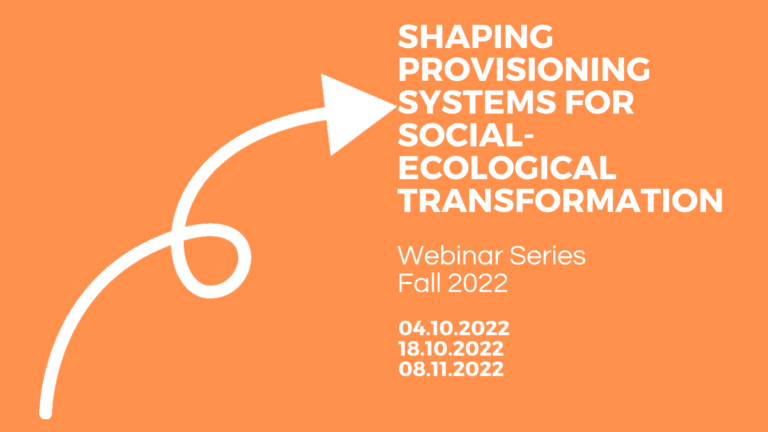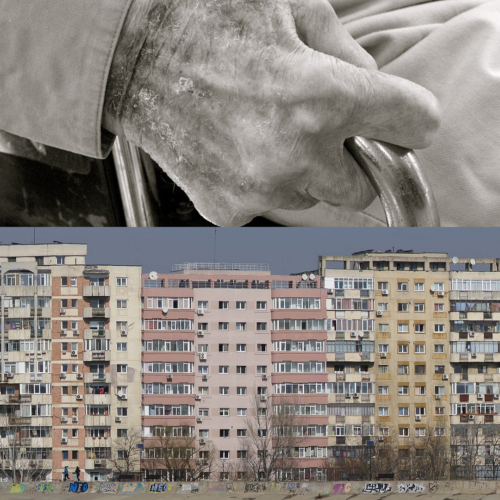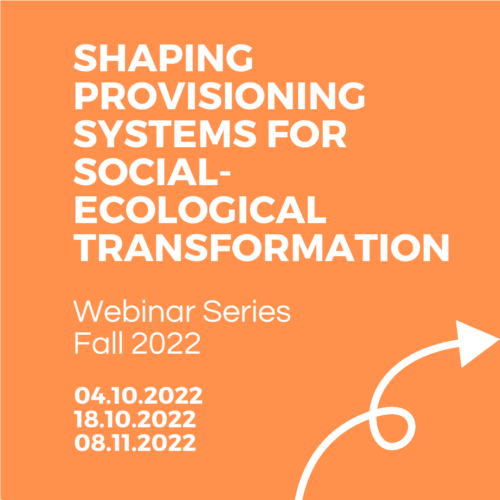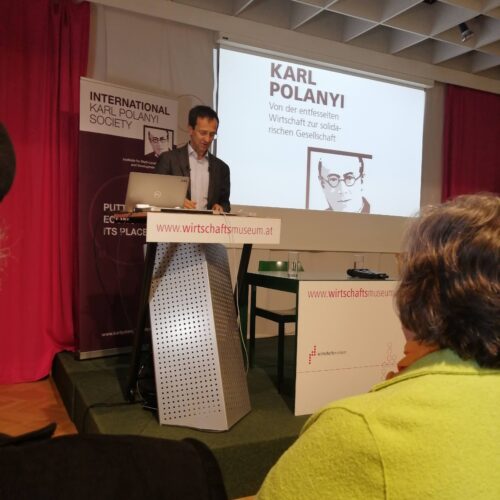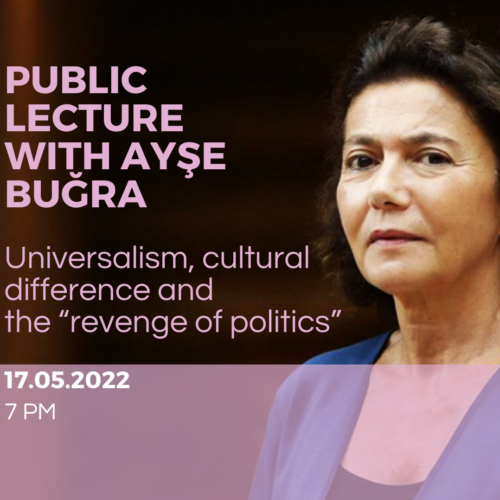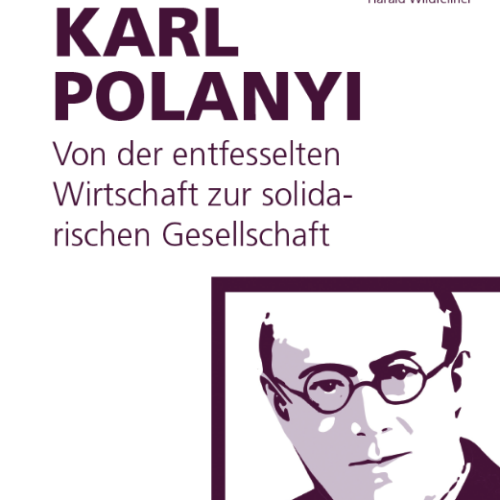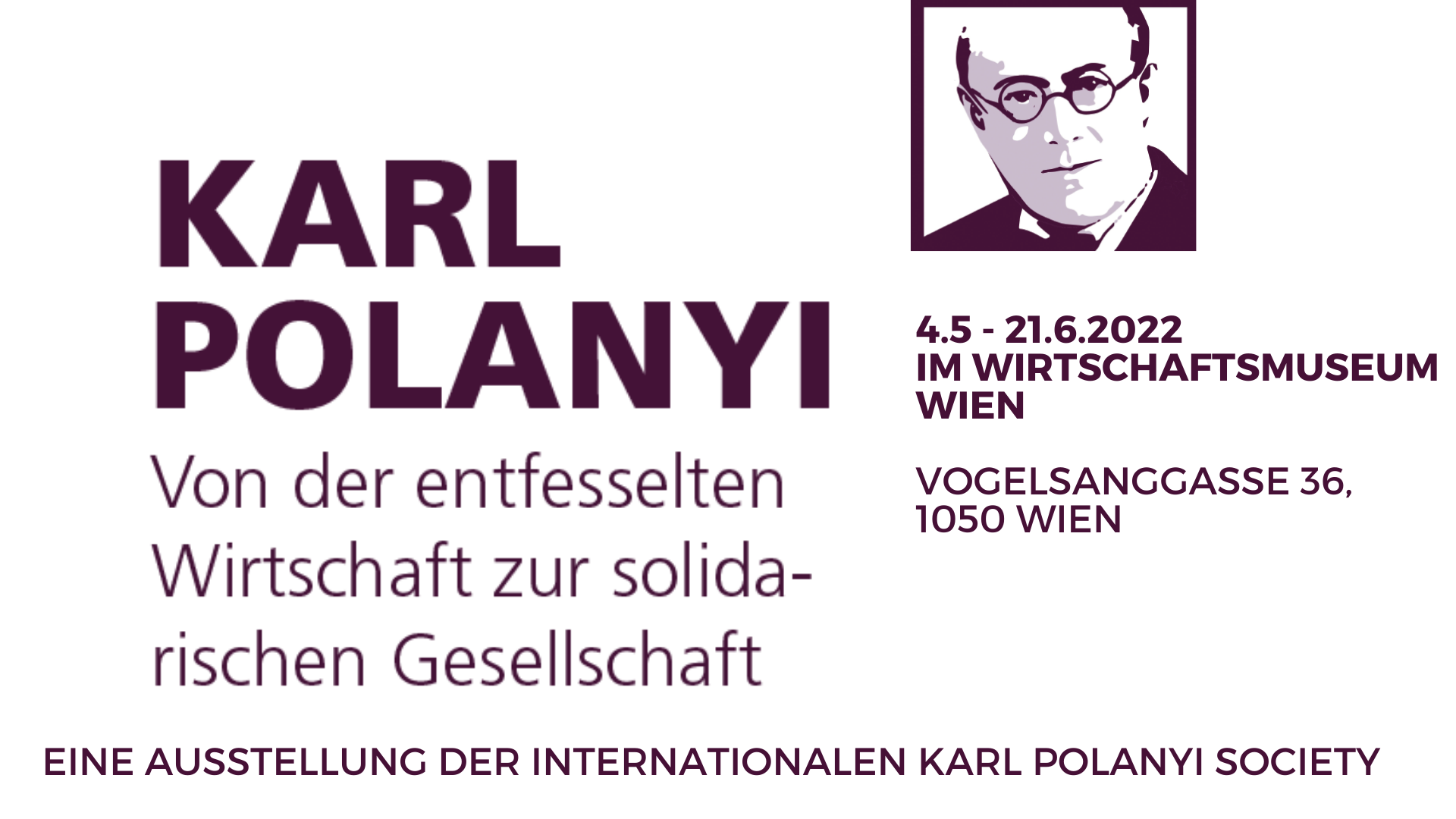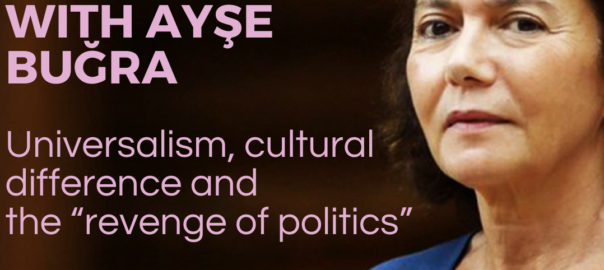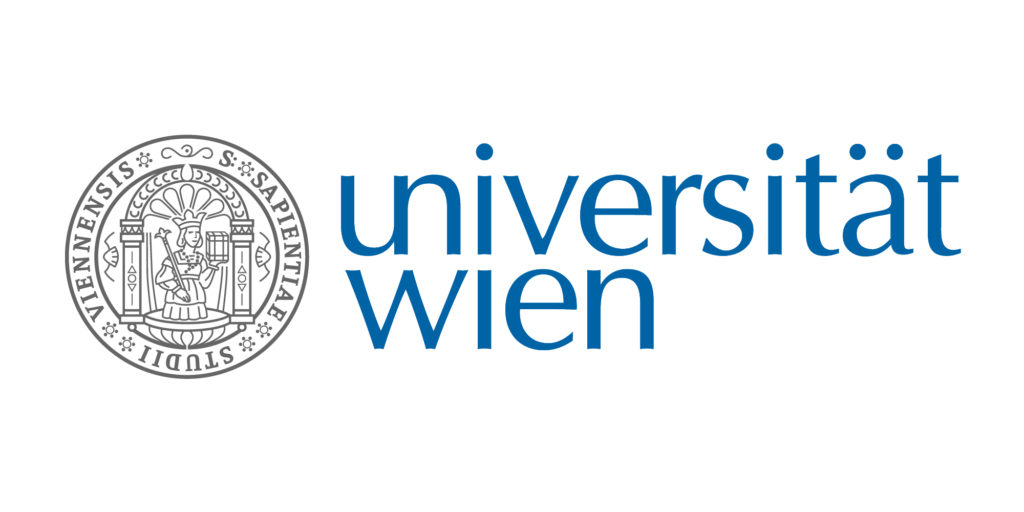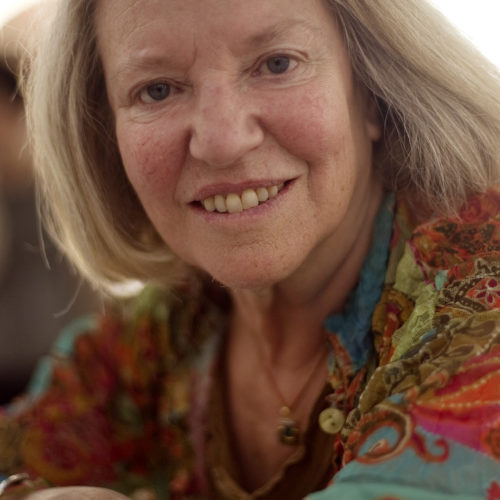References:
Arruzza, Cinzia / Bhattacharya, Tithi / Fraser, Nancy (2019): Feminism for the 99%: A Manifesto, London/New York: Verso
Fraser, Nancy (1992): Was ist kritisch an der Kritischen Theorie? Habermas und die Ge-schlechterfrage, in: Ostner, Ilona / Lichtblau, Klaus (Hg.): Feministische Vernunft-kritik, Frankfurt/New York: Campus Verlag, pp. 99-146
Fraser, Nancy (1994): “After the Family Wage: Gender Equity and the Welfare State”, Political Theory, vol. 22 no. 4 (November 1994), Newbury Park: Sage Publishing, pp. 591-618
Fraser, Nancy (1996): Die Gleichheit der Geschlechter und das Wohlfahrtssystem: Ein postindustrielles Gedankenexperiment, in: Nagl-Docekal, Herta / Pauer-Studer, Herlinde (Hg.): Politische Theorie. Differenz und Lebensqualität, Frankfurt a.M.: Suhrkamp, pp. 469-498
Fraser, Nancy (2001): Die halbierte Gerechtigkeit. Schlüsselbegriffe des postindustriellen Sozialstaats, aus dem Amerikanischen von Karin Wördemann, Frankfurt a.M.: Suhrkamp
Fraser, Nancy (2003): Soziale Gerechtigkeit im Zeitalter der Identitätspolitik. Umverteilung, Anerkennung und Beteiligung, in: Fraser, Nancy / Honneth, Axel (Hg.): Umverteilung oder Anerkennung? Eine politisch-philosophische Kontroverse, übersetzt von Burkhardt Wolf, Frankfurt a.M.: Suhrkamp, pp. 13-128
Fraser Nancy (2004): Feministische Politik im Zeitalter der Anerkennung: ein zweidimensionaler Ansatz für Geschlechtergerechtigkeit, in: Beerhorst, Joachim / Demirović, Alex / Guggemos, Michael (Hg.): Kritische Theorie im gesellschaftlichen Strukturwandel, Frankfurt a.M.: Suhrkamp, pp. 453-474
Fraser, Nancy (2006): Mapping the Feminist Imagination. From Redistribution to Recognition to Representation, in: Degener, Ursula / Rosenzweig, Beate (Hg.): Die Neuverhandlung sozialer Gerechtigkeit: feministische Analysen und Perspektiven, Wiesbaden: VS Verlag für Sozialwissenschaften, pp. 37-51
Fraser, Nancy (2007): Zur Neubestimmung von Gerechtigkeit in einer globalisierten Welt, in: Heidbrink, Ludger / Hirsch, Alfred (Hg.): Staat ohne Verantwortung?: Zum Wandel der Aufgaben von Staat und Politik, Frankfurt a.M.: Campus Verlag, pp. 343-372
Fraser, Nancy (2009): Feminismus, Kapitalismus und die List der Geschichte. in: Forst, Rainer / Hartmann, Martin / Jaeggi, Rahel / Saar, Martin (Hg.): Sozialphilosophie und Kritik, Frankfurt a.M.: Suhrkamp, pp. 481-505
Fraser, Nancy, (2015): “Legitimation Crisis? On the Political Contradictions of Financialized Capitalism”, Critical Historical Studies vol. 2, no. 2, Chicago: The University of Chicago Press, pp. 1–33
Fraser, Nancy (2016): “Contradictions of Capital and Care”, New Left Review 100, London: New Left Review, pp. 99–117
Fraser, Nancy (2018a): “Krise, Kritik und Kapitalismus, Eine Orientierungshilfe für das 21. Jahrhundert”, in: Scheele, Alexandra / Wöhl, Stefanie (Hg.): Feminismus und Marxismus, Weinheim/Basel: Beltz Juventa, pp. 40-58
Fraser, Nancy (2018b): “From Exploitation to Expropriation: Historical Geographies of Racialized Capitalism”, Economic Geography 94, no. 1, pp. 1-17
Fraser, Nancy (2018c): “Is Capitalism Necessarily Racist?” [2018 Presidential Address, APA Eastern Division], Proceedings and Addresses of the American Philosophical Association, vol. 92, pp. 21–42
Fraser, Nancy (2018d): Why Two Karls are Better than One, Integrating Polanyi and Marx in a Critical Theory of the Current Crisis, in: Brie, Michael / Thomasberger, Claus (Eds.): Karl Polanyi’s Vision of a Socialist Transformation, Montreal, New York, Chicago, London: Black Rose Books, pp. 67-76
Fraser, Nancy (2019a): The Old is Dying and the New Cannot Be Born, London/New York: Verso
Fraser, Nancy (2019b): „Die Krise der Demokratie: Über politische Widersprüche des Finanzmarktkapitalismus jenseits des Politizismus“, in: Ketterer, Hannah / Becker, Katharina (Hg.): Was stimmt nicht mit der Demokratie? Eine Debatte mit Klaus Dörre, Nancy Fraser, Stephan Lessenich und Hartmut Rosa, Frankfurt a. M.: Suhrkamp, pp. 77-99
Fraser, Nancy (2019c): “What should socialism mean in the 21st century?”, in: Panitch, Leo / Albo, Greg (Hg.): Socialist Register 2020: Beyond Market Dystopia: New Ways of Living, London: Merlin Press, pp. 282–294
Fraser, Nancy / Honneth, Axel (2003): Umverteilung oder Anerkennung? Eine politisch-philosophische Kontroverse, übersetzt von Burkhardt Wolf, Frankfurt a.M.: Suhrkamp
Fraser, Nancy / Jaeggi, Rahel (2018): Capitalism: A Conversation in Critical Theory, Cambridge/Medford: Polity
Polanyi, Karl (2001): The Great Transformation, The Political and Economic Origins of Our Time, Boston: Beacon Press
Polanyi, Karl (1979): Ökonomie und Gesellschaft, übers. v. Heinrich Jelinek, Frankfurt a.M.: Suhrkamp
Translation by Jan-Peter Herrmann


